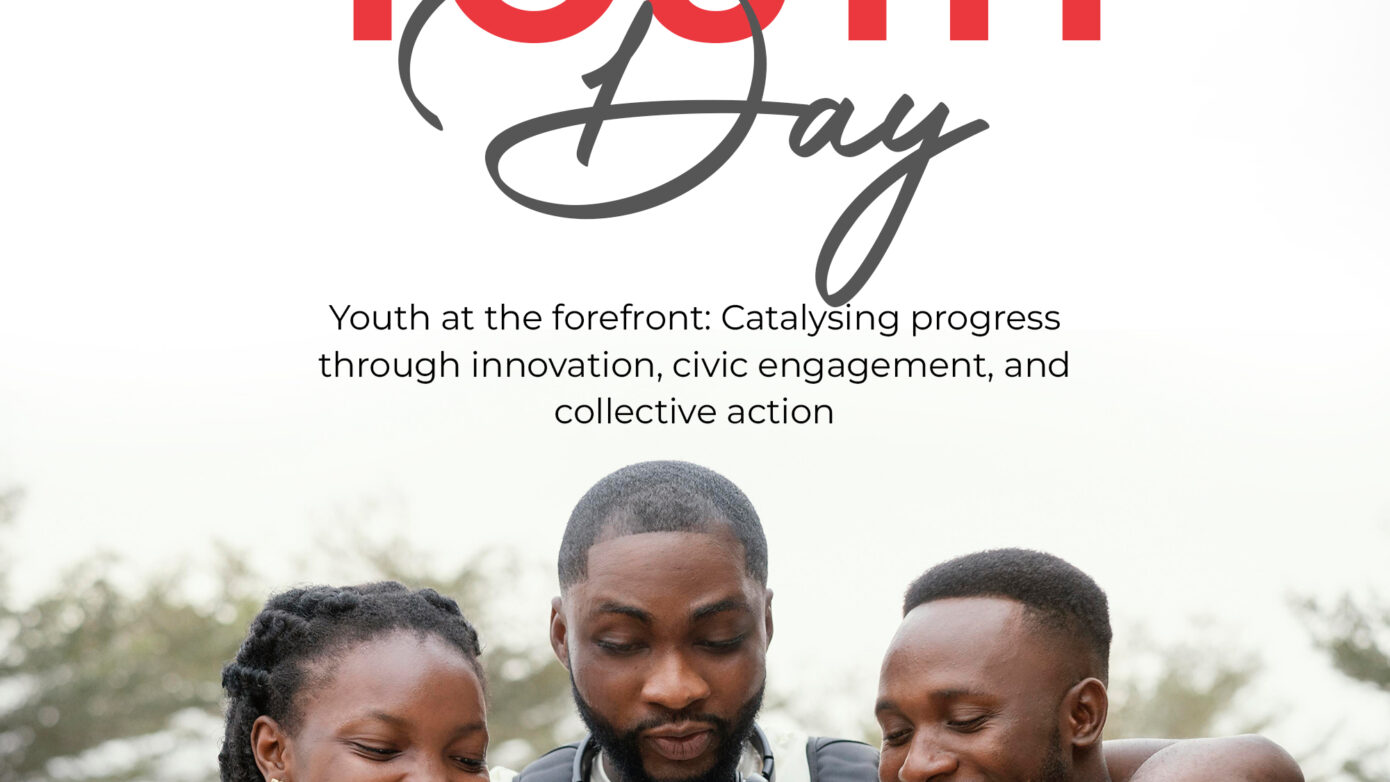Across Nigeria’s cities, villages, and innovation hubs, one truth stands out: the nation’s greatest asset is its young people. With more than 70 percent of Nigerians under the age of 30, this is the largest youth population in Africa and one of the largest anywhere in the world. This demographic advantage could transform the country’s future — but only if it is matched with deliberate investment in education, skills, and opportunities.
On International Youth Day, we are reminded that the realities facing young Nigerians are as complex as their potential is vast. Many are driven, creative, and ready to lead, yet structural barriers persist. The National Bureau of Statistics reports that youth unemployment remains above 40 percent, with many others underemployed or working in unstable informal roles. For too many, hard work does not guarantee progress.
A Continental Picture of Opportunity and Risk
Nigeria’s youth reflect a wider African reality. By 2030, young Africans will make up 42 percent of the world’s youth, according to the African Union. Yet, across the continent, millions face a “triple challenge” — inadequate job opportunities, skills mismatched to market demands, and limited representation in decision-making. Climate change intensifies these struggles, threatening jobs in agriculture, fuelling displacement, and straining essential resources.
In Nigeria, these pressures are compounded by infrastructure gaps, unequal access to technology, and political systems where youth voices are too often sidelined. Still, Nigerian youth are proving their resilience — building fintech companies that attract global investment, launching social enterprises, and driving grassroots campaigns on governance, gender equity, and environmental justice.
From Demographic Potential to Economic Power
Turning this potential into lasting progress requires structural change. Education must prioritise digital literacy, vocational skills, and green economy readiness. The private sector can help by opening pathways to internships, apprenticeships, and mentorship, ensuring young innovators move from idea to impact.
Governance reforms are equally essential. Youth perspectives should shape policies on education, jobs, and climate action. This is not about token consultation — it is about placing young people where decisions are made.
Youth as Champions of Sustainability
Nigeria’s young people are already taking action on sustainability. From solar-powered cold storage systems that reduce post-harvest losses to fashion startups using recycled materials, their work addresses economic needs while protecting the environment. This approach is essential for meeting the Sustainable Development Goals (SDGs) and Nigeria’s commitments to the Paris Agreement.
Sustainability is more than an environmental agenda. It is the responsibility to ensure that today’s actions do not erode the opportunities and resources available to future generations. That means demanding transparency, resisting short-term fixes, and protecting communities from projects that damage long-term resilience.
Our Commitment
At CSR-in-Action, we stand at the forefront of building an inclusive future for Nigeria’s youth, ensuring that the choices we make today leave behind a future worth inheriting. Through targeted programmes, advocacy, and partnerships, we are working to remove barriers and amplify the voices of young leaders who are driving solutions for both people and the planet.
Nigeria’s youth are not just the promise of tomorrow. They are the engine of progress today. The challenge — and the opportunity — is to create the systems, spaces, and support that allow them to lead.
The future is in motion. The time to act is now.


